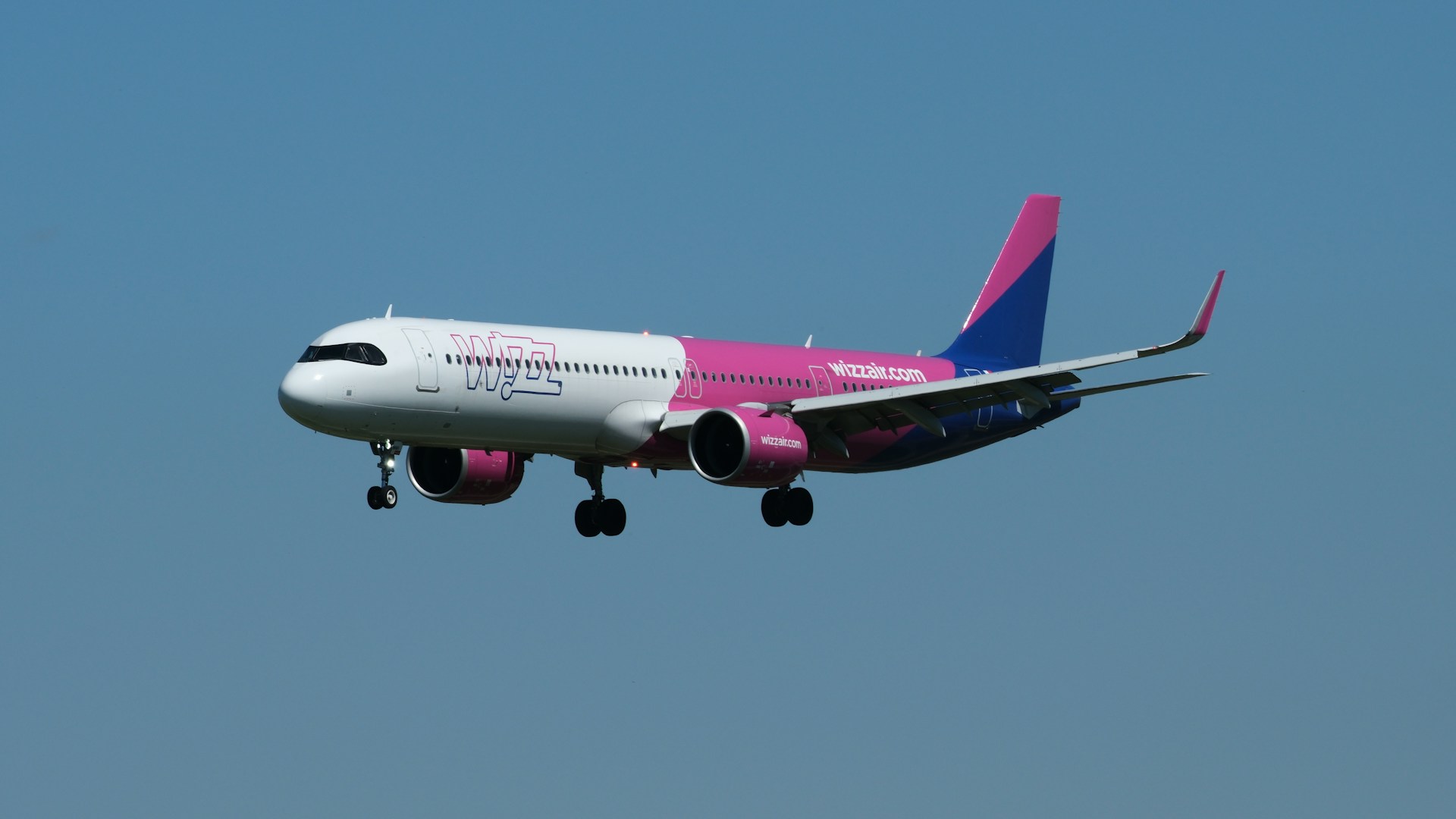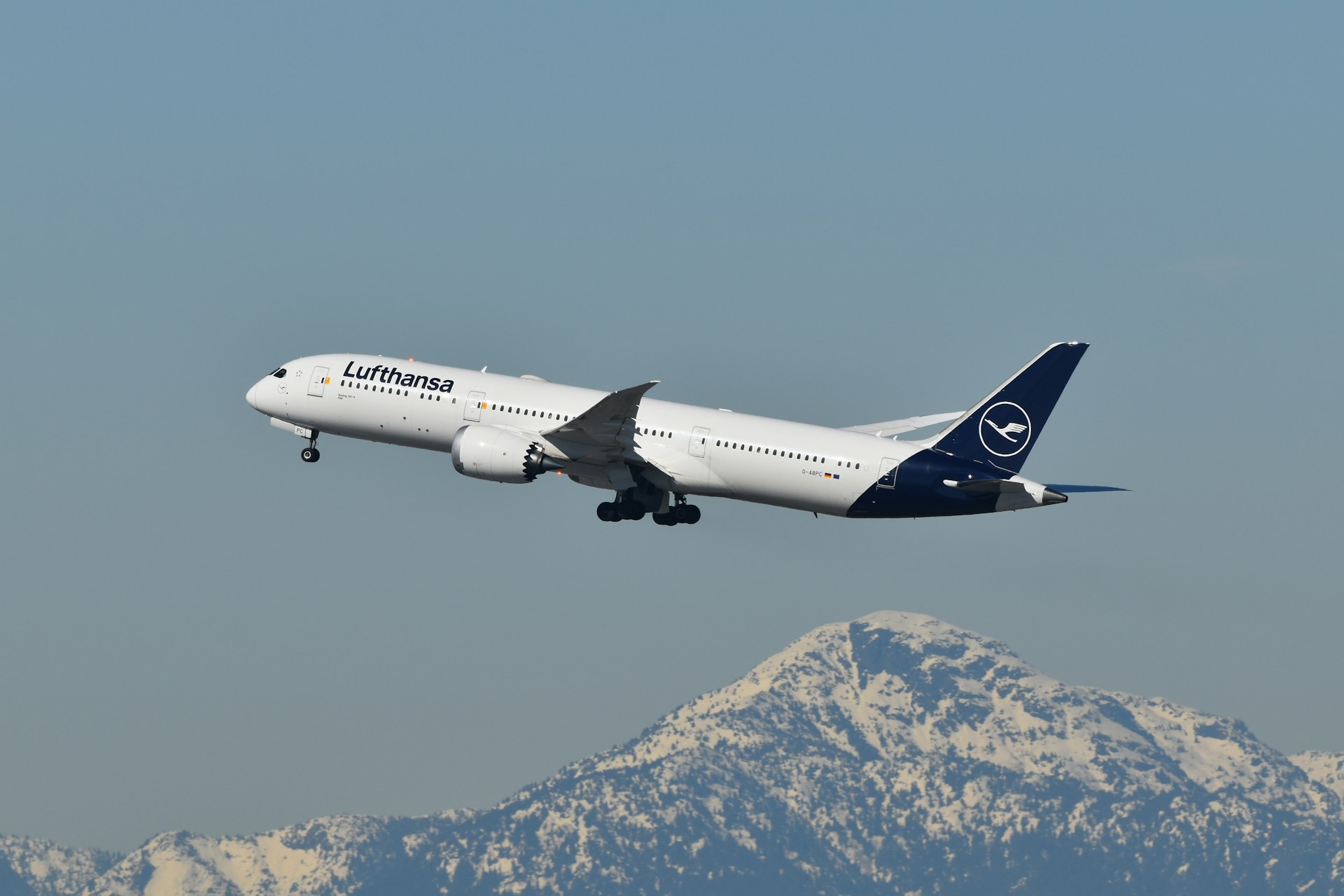Wizz Air Expands Environmental Leadership with Latest Sustainability Award
Key Takeaways
- Wizz Air continues to lead European low-cost carriers in sustainability, adding another major environmental award to its growing list of recognitions.
- The airline’s fuel-efficient Airbus A320neo and upcoming A321XLR fleets are central to reducing per-passenger carbon emissions compared to industry averages.
- Wizz Air’s sustainability strategy emphasizes operational efficiency, fleet modernization, and investment in sustainable aviation fuel (SAF).
- The recognition strengthens Wizz Air’s reputation as Europe’s most environmentally conscious ultra-low-cost carrier, amid tighter emissions regulations.
- Airlines consistently winning environmental awards showcase measurable reductions in carbon output while still offering competitive pricing to travelers.
Wizz Air Strengthens Environmental Leadership
Wizz Air has added another accolade to its growing environmental portfolio, further solidifying its reputation as one of Europe’s most sustainable airlines. As aviation faces increasing pressure to curb emissions, Wizz Air’s proactive approach to fleet modernization and operational efficiency continues to set it apart from competitors.
This latest award underscores Wizz Air’s ability to balance its ultra-low-cost model with meaningful environmental progress, a strategy that positions the Hungarian airline as a leader in sustainable aviation.
Fleet Modernization as the Cornerstone
At the heart of Wizz Air’s success is its modern, fuel-efficient fleet. The airline has invested heavily in the Airbus A320neo family, with aircraft that deliver 20% greater fuel efficiency compared to older-generation models.
The introduction of the Airbus A321XLR, with its extended range and lower emissions, will enable Wizz Air to open longer routes while maintaining its efficiency advantage. These aircraft not only reduce the airline’s carbon footprint but also allow passengers to travel farther with fewer environmental trade-offs.
Operational Efficiency Meets Sustainability
Beyond fleet upgrades, Wizz Air’s operational practices play a critical role in minimizing emissions. The carrier maintains high aircraft utilization rates and dense seating configurations, both of which reduce per-passenger carbon output.
Additional initiatives—such as weight-reduction measures, optimized flight planning, and a digital-first approach that reduces paper consumption—further support the airline’s environmental goals.
Together, these efforts reinforce Wizz Air’s ability to offer affordable fares without compromising sustainability commitments.
Industry Context and Competitive Edge
Airlines across Europe face stricter regulatory requirements on emissions, with sustainability now influencing both government policy and consumer behavior. In this environment, airlines like Wizz Air that consistently receive environmental recognition gain a competitive advantage.
Eco-conscious travelers are increasingly factoring carbon footprints into booking decisions, and airlines that demonstrate measurable progress—rather than relying on marketing claims—stand out in a crowded market.

Looking Ahead: The Future of Green Aviation
Wizz Air’s sustainability roadmap extends beyond current achievements. The airline has committed to:
- Carbon neutrality targets aligned with broader European aviation goals.
- Investments in Sustainable Aviation Fuel (SAF), which can dramatically reduce lifecycle emissions.
- Exploration of hydrogen-powered aircraft for regional routes in the longer term.
These forward-looking investments reflect Wizz Air’s determination to remain at the forefront of green aviation while continuing to expand across Europe.
FAQs
Why is Wizz Air considered one of Europe’s most sustainable airlines?
Wizz Air operates one of the youngest fleets in Europe, centered on the fuel-efficient Airbus A320neo and A321XLR. Combined with high passenger loads and operational efficiency, this results in lower per-passenger emissions.
How does Wizz Air compare to other low-cost carriers on sustainability?
Wizz Air consistently outperforms rivals in environmental metrics and has won multiple awards recognizing its efforts. Many competitors still operate older fleets with higher emissions.
What are Wizz Air’s long-term sustainability goals?
The airline aims for carbon neutrality, supported by SAF investments and research into alternative propulsion technologies, including hydrogen-powered aircraft.
Do sustainability awards actually matter to passengers?
Yes. Awards validate measurable environmental progress rather than greenwashing claims. For passengers, they signal a lower carbon footprint per flight and more efficient operations.
Will flying with Wizz Air reduce my carbon footprint compared to other airlines?
In most cases, yes. Wizz Air’s modern fleet and operational practices typically deliver lower emissions per traveler compared to full-service airlines or carriers using older planes.
🌍 With each sustainability award, Wizz Air not only strengthens its market reputation but also proves that ultra-low-cost travel and environmental responsibility can coexist. For European passengers, that means flying greener without paying more.
.zip%20-%201.PNG)



